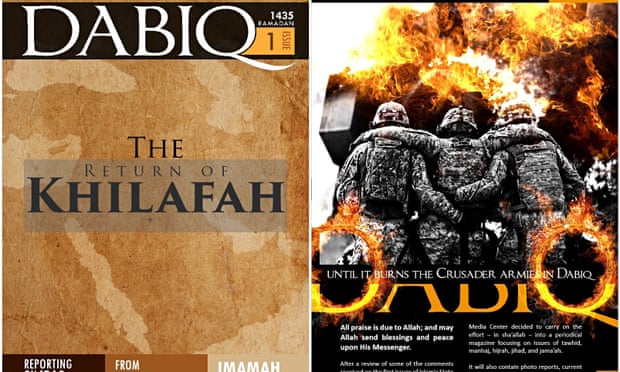Oh my, Barack Obama lied…..not only in verbal form but in written form. Now other world leaders, Saudi Arabia, United Kingdom, France, Israel and more will indeed have some forceful response to Barack Obama.
Then there is the issue of releasing the billions in frozen funds back to Iran and the further lifting of sanctions. But the biggest questions are still not answered: Exactly where is Iran with their nuclear weapons program, does it continue unimpeded and what with other threatened countries do now?
this deal provides the best possible defense against Iran’s ability to pursue a nuclear weapon covertly — that is, in secret. International inspectors will have unprecedented access not only to Iranian nuclear facilities, but to the entire supply chain that supports Iran’s nuclear program — from uranium mills that provide the raw materials, to the centrifuge production and storage facilities that support the program. If Iran cheats, the world will know it. If we see something suspicious, we will inspect it. Iran’s past efforts to weaponize its program will be addressed. With this deal, Iran will face more inspections than any other country in the world. (the full Barack Obama statement here as posted on the White House website)
President Obama sold his nuclear deal with Iran with promises that the accord would be based on “unprecedented verification,” and this week we were reminded of how much that promise was worth. Witness the latest report on Iran’s nuclear program from the International Atomic Energy Agency.
The IAEA is the U.N. outfit that is supposed to monitor Iran’s compliance with the agreement, which requires Tehran to answer the agency’s questions on its past nuclear work in order to obtain sanctions relief. On Wednesday the agency produced its “final assessment”—the finality here having mostly to do with the U.N. nuclear watchdog giving up hope of ever getting straight answers.
Hence we learn that “Iran did not provide any clarification” regarding experiments the agency believes it conducted on testing components of nuclear components at its military facility at Parchin. “The information available to the Agency, including the results of the sampling analysis and the satellite imagery, does not support Iran’s statements on the purpose of the building,” says the report. “The Agency assesses that the extensive activities undertaken by Iran since February 2012 at the particular location of interest to the Agency seriously undermined the Agency’s ability to conduct effective verification.”
This seems to be A-OK with the Obama Administration, which made clear it’s prepared to accept any amount of Iranian stonewalling in order to move ahead with sanctions relief. “We had not expected a full confession, nor did we need one,” an unnamed senior Administration official told the Journal. One wonders why they even bothered with the charade.
Still, the report is illuminating on several points, above all its conclusion that Tehran continued to work on nuclear weapons research until 2009. That further discredits the 2007 National Intelligence Estimate, which claimed Iran’s weapons program had ceased in 2003, and which effectively ended any chance that the Bush Administration would use military force against Iran’s nuclear sites.
It should also inspire some humility about the quality of Western intelligence regarding closed and hostile regimes such as Iran’s. A 2014 report from the Pentagon’s Defense Science Board noted that at “levels associated with small or nascent [nuclear] programs, key observables are easily masked.” Yet the Administration keeps insisting that Iran’s nondisclosures don’t matter because the U.S. has “perfect knowledge” of what the mullahs are up to, as John Kerry claimed last summer.
The larger point is that the nuclear deal has already become a case of Iran pretending not to cheat while the West pretends not to notice. That may succeed in bringing the agreement into force, but it offers no confidence that Iran won’t eventually build its weapon.



